How to Create a Closed Terrarium

Terrariums are so cool, whether open or closed. Today I am building a closed Terrarium, which is exciting because I get to grow ferns. There are only a few ferns that I can keep alive in my house, so I’m looking forward to growing these testy plants in a Terrarium. So how do you create a closed Terrarium? It starts by gathering your materials.
This post contains affiliate links. If you make a purchase I may receive a small commission at no extra costs to you.
What is a close terrarium?
Closed terrariums, also known as closed terrariums or sealed terrariums, are self-sustaining ecosystems that can be created in a variety of containers, such as glass jars, bottles, and bowls. They are relatively low-maintenance and can be a beautiful and unique addition to any home.
Benefits of closed terrariums
There are many benefits to having a close terrarium, including:
- Low maintenance: Close terrariums are very low-maintenance. Once they are established, they only need to be watered once every few weeks and misted occasionally.
- Air purification: Plants in close terrariums can help to purify the air by removing pollutants such as carbon dioxide and formaldehyde.
- Stress relief: Studies have shown that spending time in nature can reduce stress levels. Close terrariums can bring a touch of nature into your home, even if you don’t have a lot of space.
- Educational value: Close terrariums can be a great way to teach children about plants and ecosystems.
Closed Terrarium Supplies
- Wide mouth plastic or glass jug or bottle with a lid
- Gravel or small pebbles
- Potting soil
- Plants that like humidity
- Décor (figurines, etc.)
- Natural materials (moss, sticks, wood, rocks)
- Sheet moss
- Orchid bark
- Perlite
How to Create a Closed Terrarium
- Clean the glass container with soap and water.
- Add a layers of drainage material to the bottom of the container.
- Add a layer of activated charcoal If you can find it. It’s not required but can help to remove impurities from the water and prevent mold growth.
- Add a layer of potting mix.
- Plant your plants. Be sure to choose plants that are small enough to fit in the container and that have similar water and light requirements.
- Add a layer of moss. This will help to keep the terrarium humid and prevent the soil from drying out.
- Decorate your terrarium as desired. You can use rocks, shells, figurines, or other decorations.
- Water your terrarium lightly.
- Place the lid on the container.
To begin, you want to make sure that your vessel is clean, especially if you are reusing a plastic or glass jug or jar.
Closed Terrarium Layers
Now it’s time to add our layers of drainage. Each layer is about 1/2 inch thick, excluding the soil layer and the sheet moss layers.
Add your gravel to the bottom. Using gravel as the first layer allows a place for water to drain and rest.
The next layer I’m adding is Orchid bark. This is another layer that allows for water drainage. Drainage is so important in a terrarium just like in potted plants, you don’t want the roots sitting in soggy soil.
This next layer of Perlite was one I decided to add last minute for aesthetics, but it also adds another layer of drainage.
Lastly, add 2-3 inches of potting soil, more if needed.
Learn More about Terrariums!
Lay down sheet moss in a thin layer until the surface is covered. The sheet moss is great because it holds in all of the soil, allowing only water to pass through.
Now’s the time for the fun part, planting! Place your plants in a formation that’s aesthetically pleasing to you! Once you have your plants planted, it’s time to add the extras. In this Terrarium, I am adding live moss, rocks and pieces of bark found outside in my garden.
Once you’ve got your pieces all set, it’s time to water it all in! Make sure you see the water running to the bottom and that your potting soil is saturated. You will want to water the sides of the vessel and not directly on your plants.
When it’s all said and done, you should not have to add water to this Terrarium if you keep the lid closed. If you choose a glass lid terrarium, you will likely need to water again at some point. It is hard to say without knowing the size of the vessel, materials and plants used. Best advice is to keep an eye out for dry soil and or wilting plants.
Now that you’ve got your Terrarium planted and watered, set it in a space where you and your guests can enjoy!
Happy Gardening,
Want More?
Houseplants are gorgeous living home decor. It is worthwhile learning how to properly care for them.
IF YOU LIKE THIS POST
You might also like these:
- How to properly water your houseplants
- Best soil to tropical houseplants
- Best Indoor Trailing Houseplants
- How to create a closed terrarium
We’d love to hang out with you on our social channels. You can subscribe to our blog and find us on Facebook, Youtube, Instagram and Pinterest! Feel free to reach out if you have any plant questions!
DISCLOSURE
This blog post may contain affiliate links. Which means if you click on a link and go on to buy the product I recommend, I may get a small commission at no extra cost to you.
Thank you for your support. It means the world to us!
The Thrifted Planter
Ciearra is a gardener and houseplant enthusiast of over 10 years! She has been growing indoors and outdoors. Supplying food for her family and beautifying her home with annuals, perennials and houseplants! Ciearra is passionate about sharing her knowledge of plant care with anyone who needs help or a quick plant growth tip! When she’s not blogging you can find her tending to her chickens, dogs and hanging out with her family







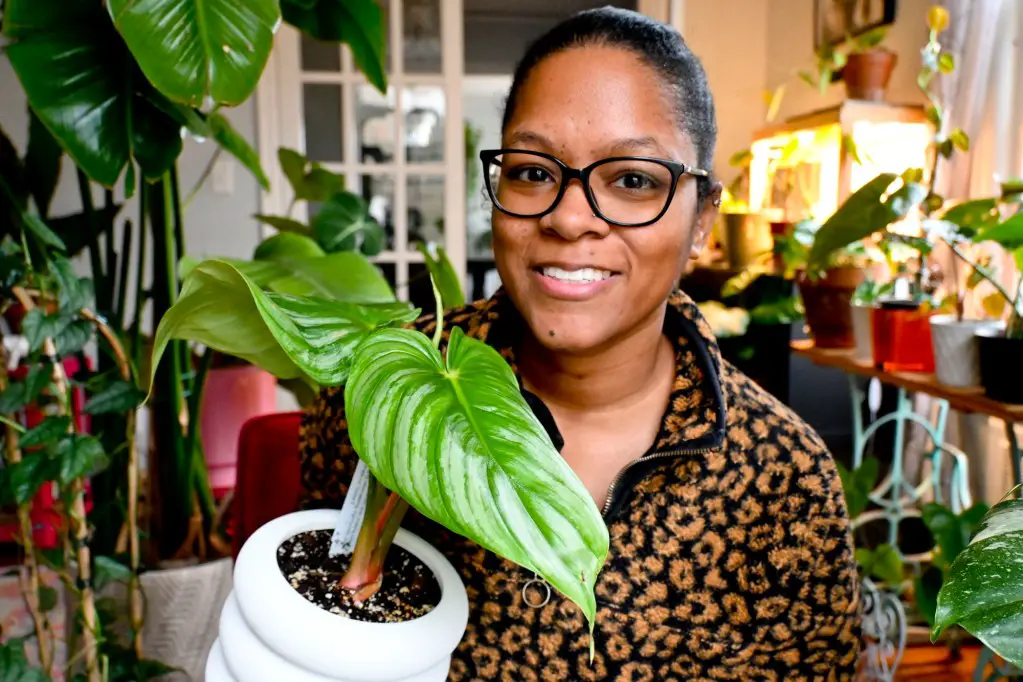
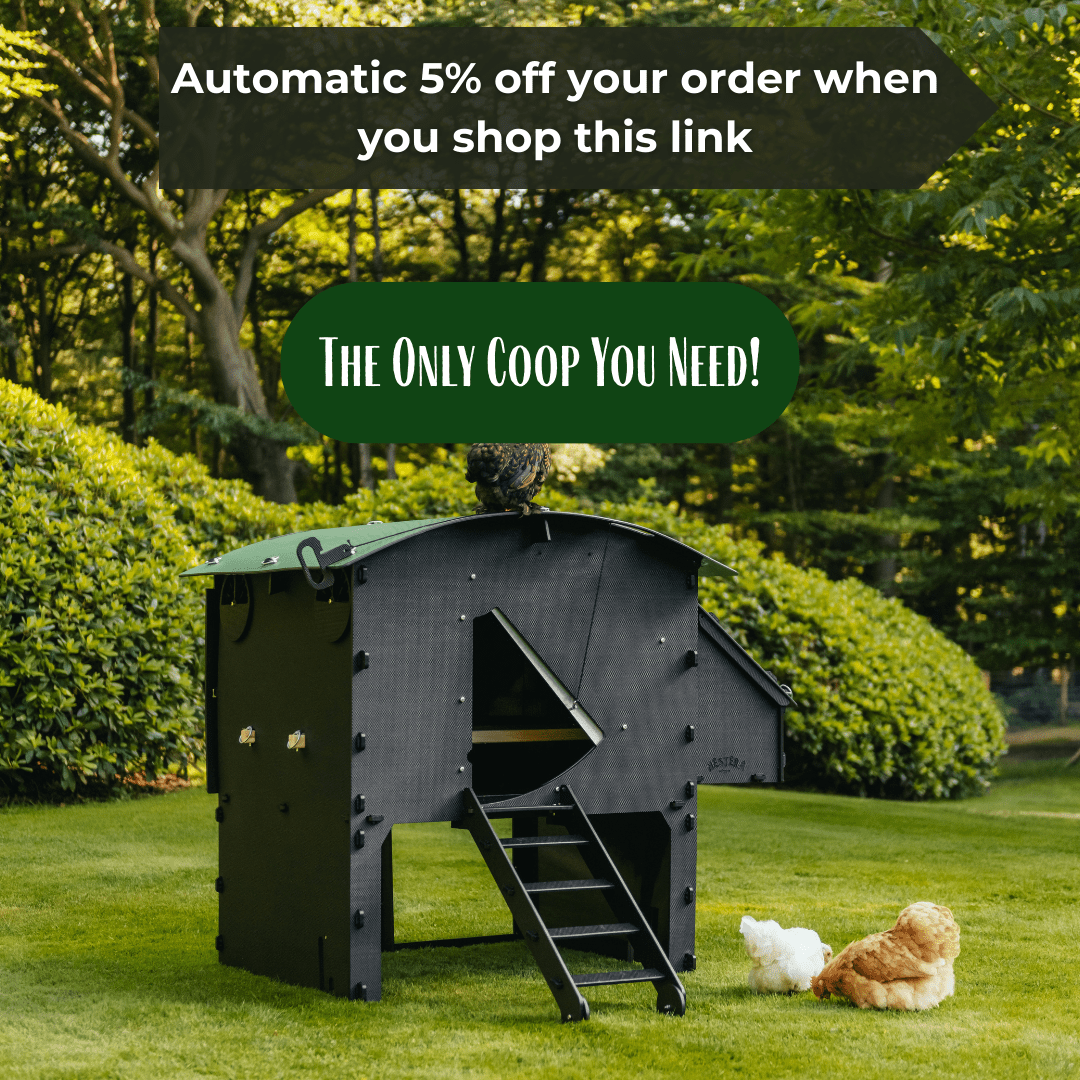


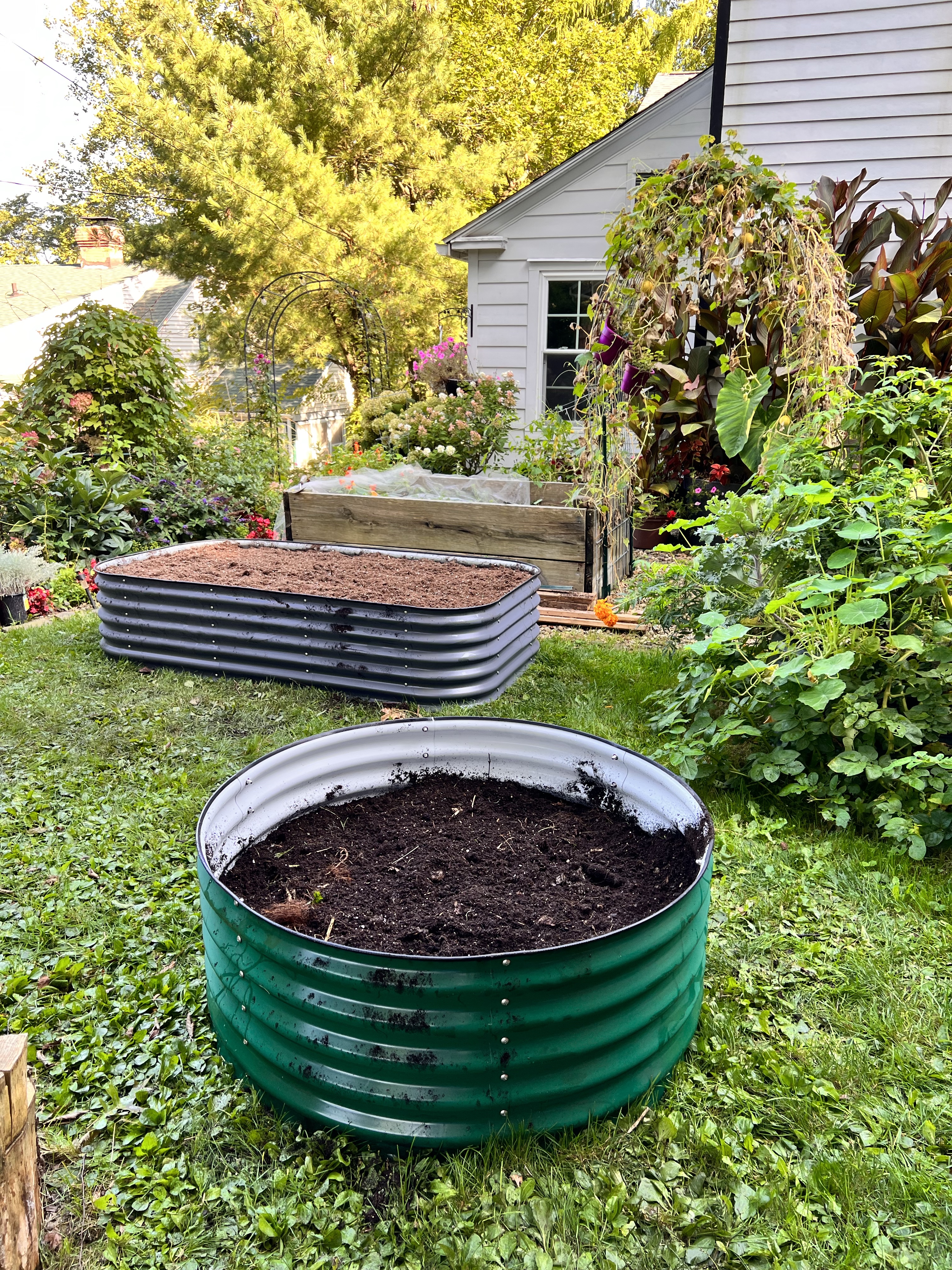




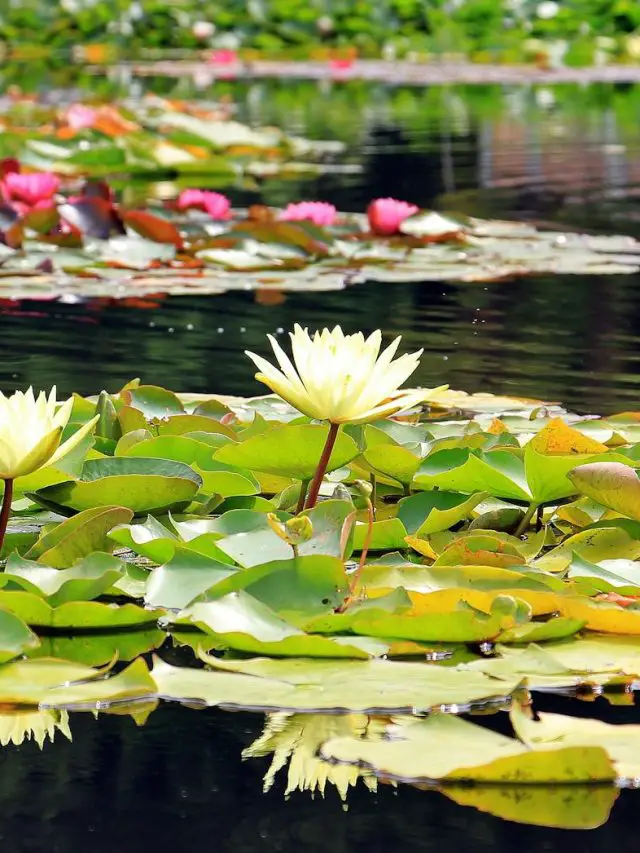
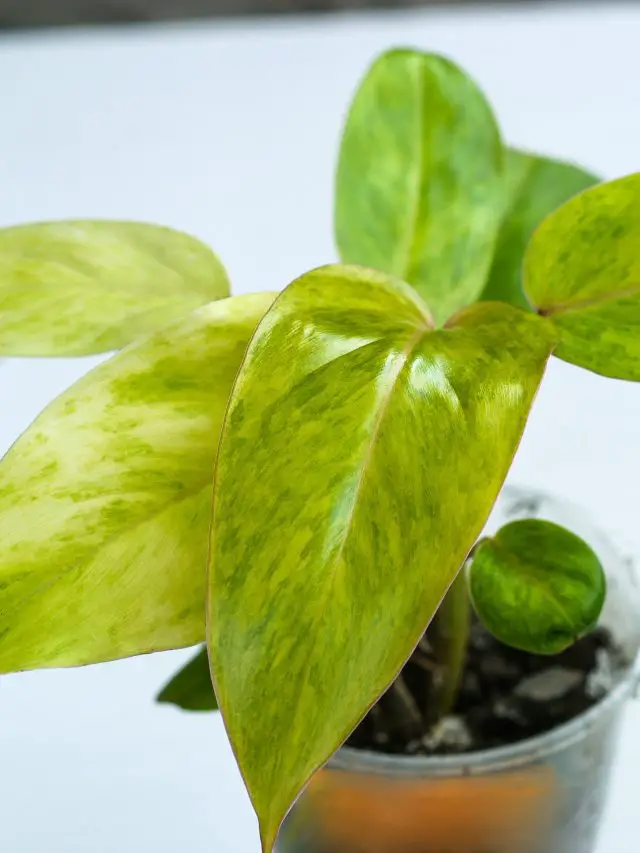
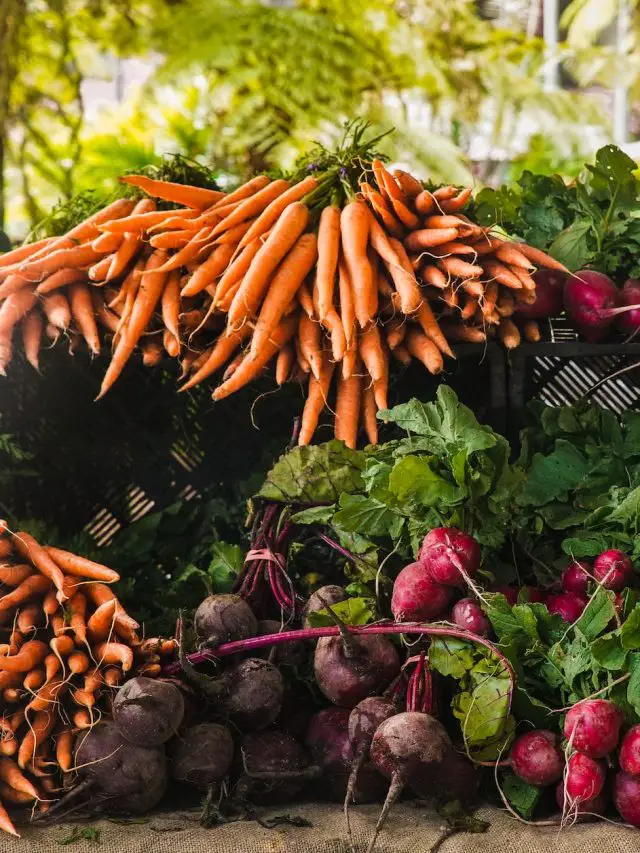
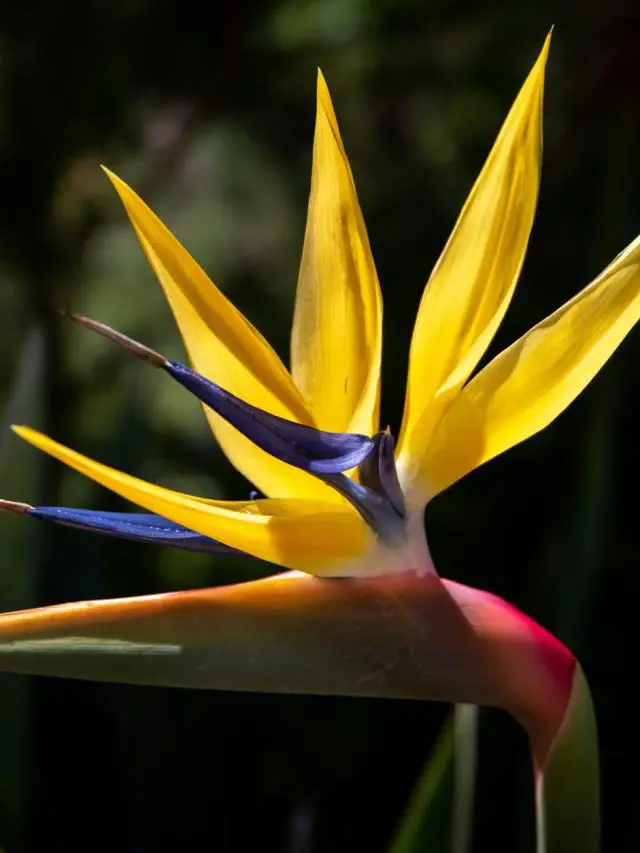
[…] How to create a closed Terrarium […]
[…] How to Create a Closed Terrarium […]
[…] How to Create a Closed Terrarium […]